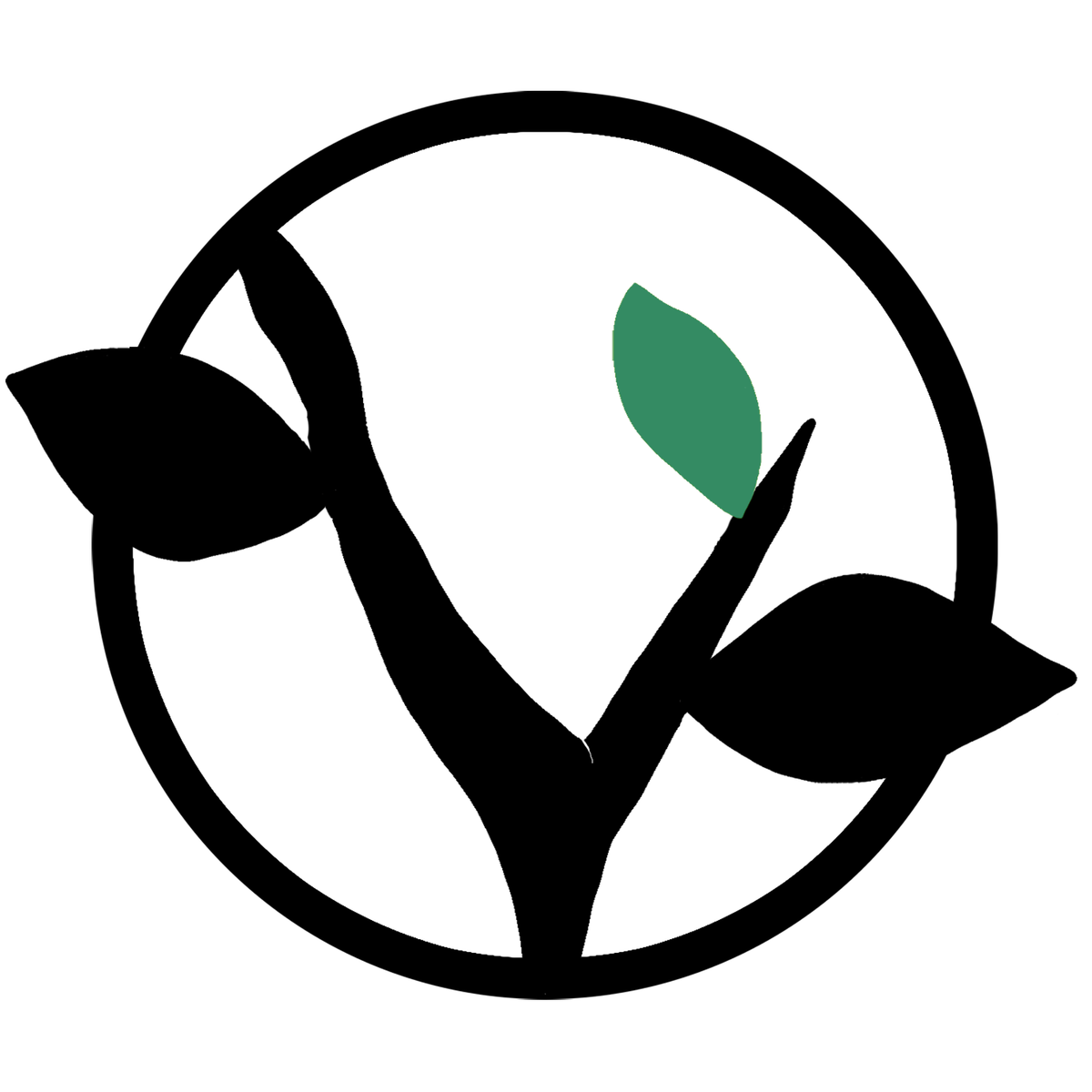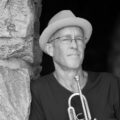Overcome: What It Is We Think We Are Doing Anyhow
By Dave Douglas
with inspiration from Toni Cade Bambara
The need to keep creating music, to live in community with fellow musical artists, to keep deepening our physical relationship with our instruments and the sound. This is the insatiable universe of our lives. Circumstances can dictate the way we work, but can never change the need. It’s the imperative.
We now have a new way to work. Each alone in our pods. Staying safe, contributing to the healing and welfare of our whole society. Thinking and writing and practicing and sharing all go on. Sharing in a new way, though. Sharing the sound even more nakedly and explicitly. Sharing the direct results of our efforts to create. Music.
And now with our music even more of service. How does our message and sound vibration contribute? How can we act, in the pursuit of our music, to pursue the dear goals of our present moment? How much can our work be consumed in fighting for justice and equality? For sensible public policies. For the truth.
Overcome was made in transition to these new modes. The band was formed by myself and Ryan Keberle to speak to a specific need. When live shows became untenable, and even congregating in studios was no longer possible, the creative process adapted to the new reality. The exigencies of remote recording entered the composition process right from the beginning.
We were determined that the music of Overcome would carry a message.
Simple technical things arose, like needing an extended count in (allowing each musician/engineer time to get from the gear to the instrument and to the spirits). Things like, how will we follow the form? Like, how does the piece create space for interaction by two musicians recording separately at different times? And more complex things like how do I create space away from the form, with no guidance as to chords or melodies, and have the musicians know how to feel their way out of a box in anticipation of what someone else might someday play. How do you create an interaction that could be happening a couple months apart? How do you allow the music to develop with a sense of freedom and realness, while at the same providing a structure to guide shape and statement?
It was a slow and deliberate process.
Most of the pieces were recorded first by Jorge Roeder on bass. Jorge made some very astute decisions about how to approach his playing. On some of the pieces I provided him with a synthetic ‘guide track,’ demonstrating the form and development of the piece. On other pieces, I only gave him a rough idea of tempo and asked him to perform and use his judgement. He did both extremely insightfully. On Good Trouble, for example, the bass recording he sent was so truly felt that I was able to immediately close my eyes and play to it as if I was in the same room.
Taking the bass recordings to Rudy Royston was the next step in most cases. On some pieces Rudy still had my synthetic guides, on others a simple click track, on others only the bass alone. On Good Trouble, Rudy received trumpet and bass together. Not only did Rudy record and mix his own drums, he also nailed all the forms, while also adding some unexpected new elements to the pieces. In retrospect, that feels exactly what Rudy would do on a live show. The end of the piece Overcome, for example, goes on for two or three minutes after the end of the written music simply because Rudy and Jorge were feeling it and just kept on going. The abrupt end of the trumpet and drums was also a result of my overdubbing on it with my eyes closed, not knowing the cliff was coming, and instinctually ending right there. I opened my eyes and thought maybe I had kicked the power cable or something, but saw that it was all exactly what was there. I left it in. Thanks, Rudy.
I was still a bit uncertain about the whole process at this point, but the next step was the clincher. Ryan Keberle knew exactly what to do with these tracks. I first removed all the synthetic materials and any remaining clicks. I recorded my own tracks which I thought I would have to re-do after working with Ryan and Camila and Fay, and made a mix to send to Ryan. Ryan has a way with a microphone. The tracks came in so full of sound and heat. So full of soul. The interactions were uncanny. As the compositions were written to be played without piano or guitar, the intertwined counterpoint of the trumpet and trombone needed to fully capture the harmonic motion of each piece. I built some of that in with the writing, but also left enough freedom that Ryan could converse with the existing trumpet. As soon as I heard Ryan’s tracks I knew I would not change most of my trumpet parts. He had played to them with a keenly devoted ear.
Having trumpet and trombone with bass and drums in hand there was now the opportunity to work with the vocalists. I had the lyric of Langston Hughes on one piece, on Good Trouble I wrote a lyric myself (not something I have done much over the years). I knew I wanted lyrics on When We Are Together Again (classic quarantine title, I’ve learned) and Overcome. Initially neither Fay nor Camila were sure they could find lyrics on those pieces. And then, they did. There were voice memos clarifying misunderstandings, push and pull on which lyric would go where. And then mostly single takes of each vocalists’ part. However, both singers did go back and change a few phrasings after having heard the other.
My feeling was that was how the ultimate synergy was achieved. I think that at first we didn’t know what we were really doing. We were fulfilling the need to make music. As that music came into focus, all of our antennae were heightened and honed. Our hearing sharpened by the unexpected audacity of it. Jorge and Fay have actually never met. I did not know this. And they have still never met, but they are partners in sound forever.
The thing that we are doing is the thing we are always doing, but maybe didn’t have it in such sharp focus. Maybe took our ability to play in community for granted. To play for each other. To do the essential thing that music does, heal.
And to be even more strongly directed by our service to community, to society. These songs were to be for an election year ‘get out the vote’ project. Without leaving home, we are overcome by the exigency of bringing love, sanity, science and truth back to our leadership. And here we are in April 2021, having made big changes and beginning to see benefits, though there is still much to do and much to push out leaders for. The struggle continues. Nonetheless this music stands not only as an emblem of that shutdown period, but also to the need, the imperative, to speak out. To do what we can. May its appearance on vinyl bring a further strength and power to the message.
I am so grateful to everyone who worked with me on this through the whole endeavor. Grateful to all those who listen.




